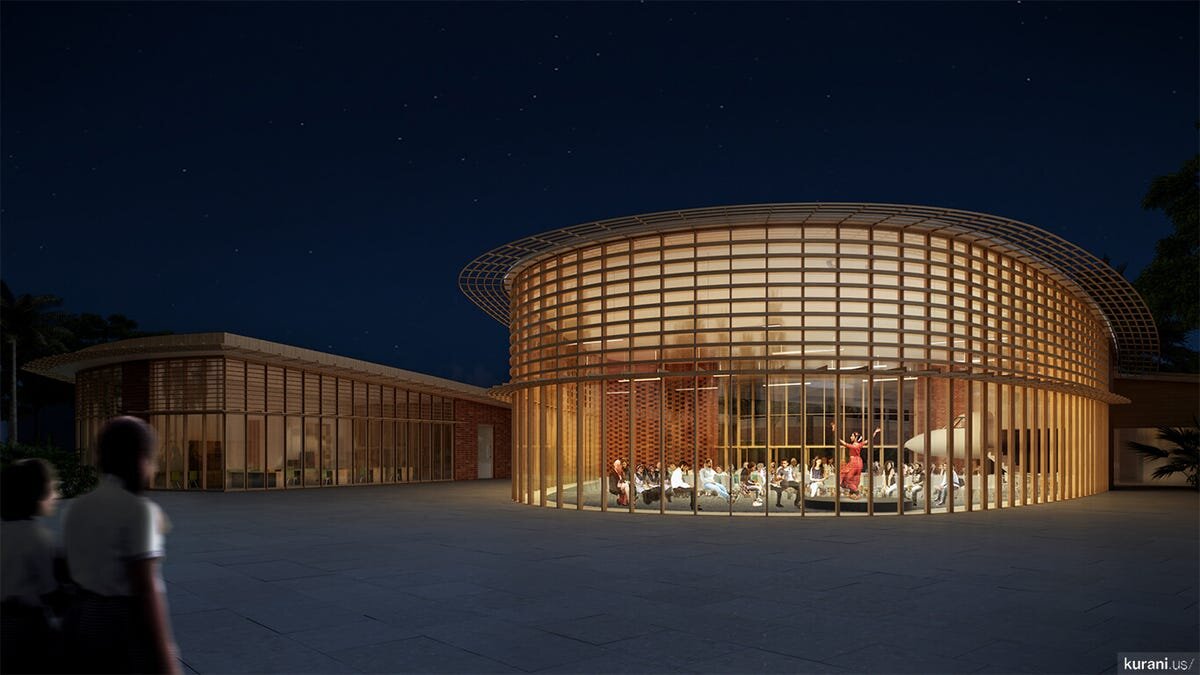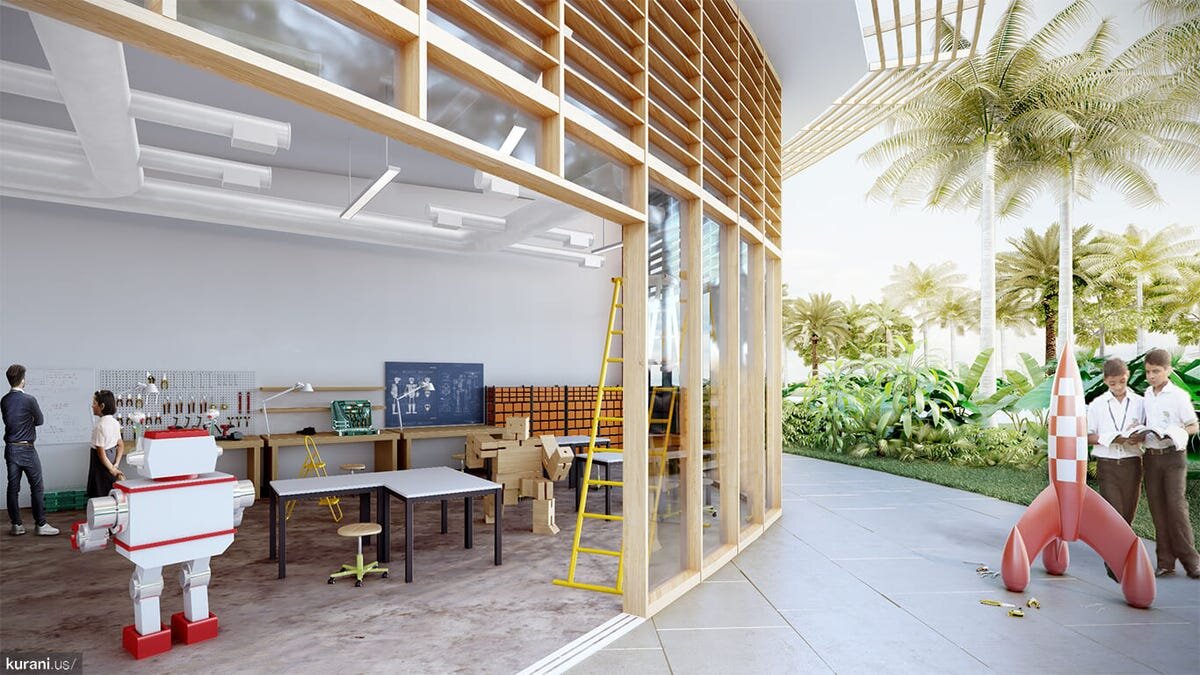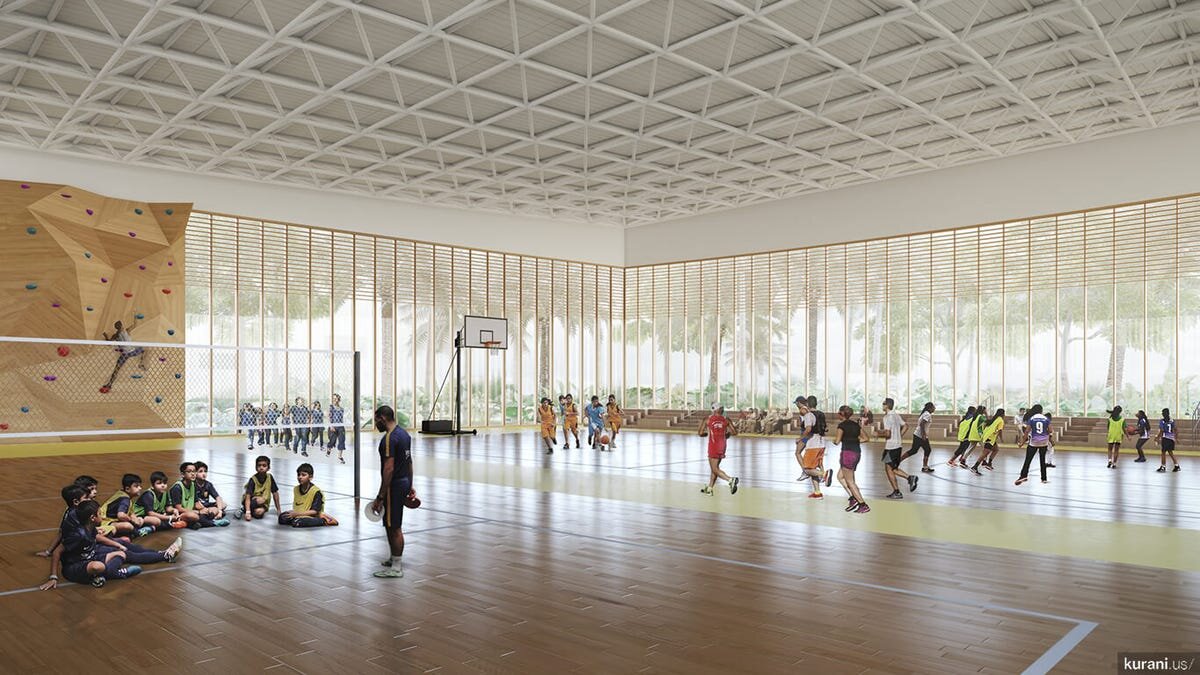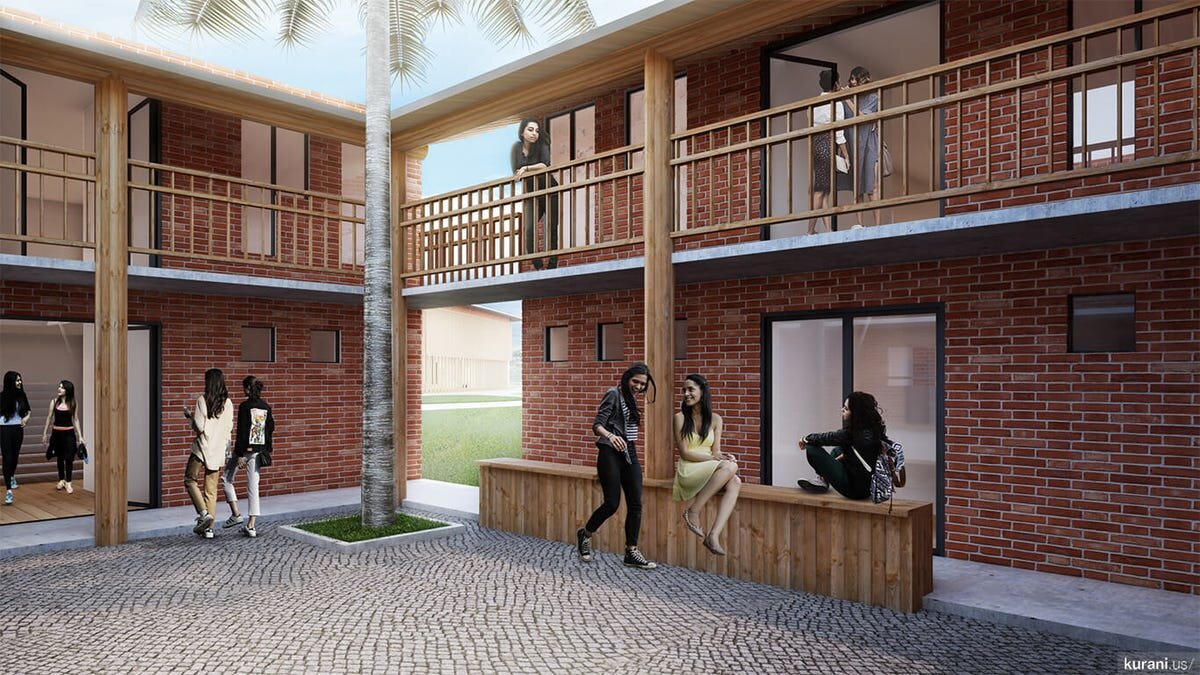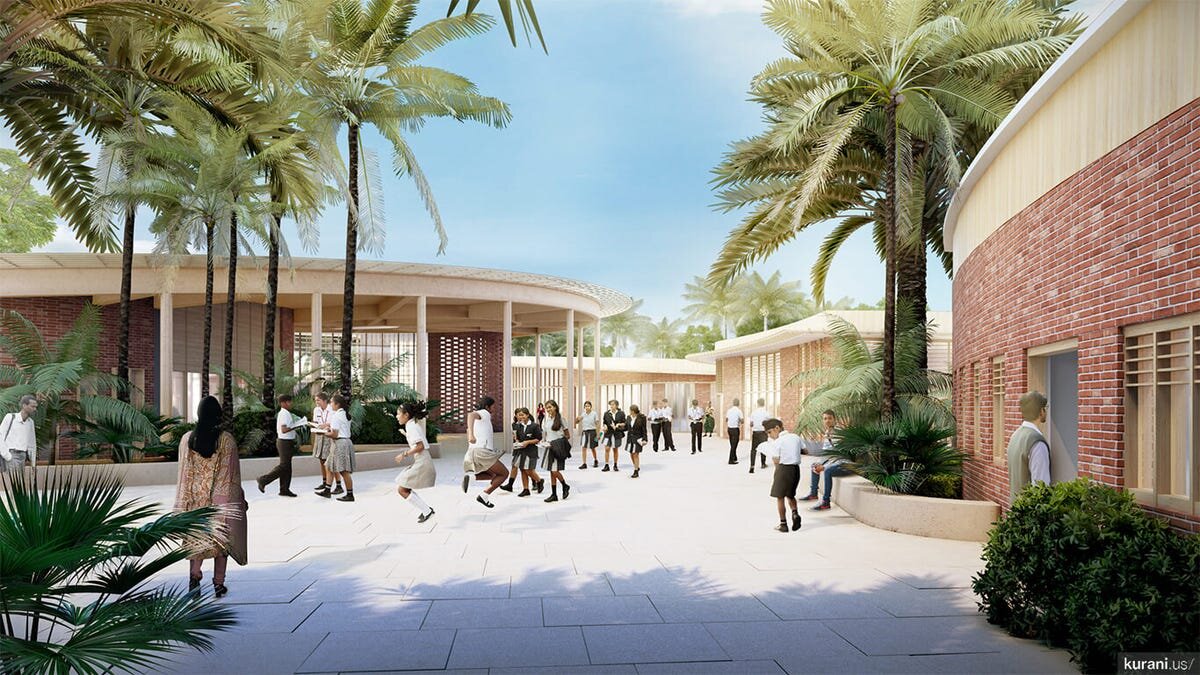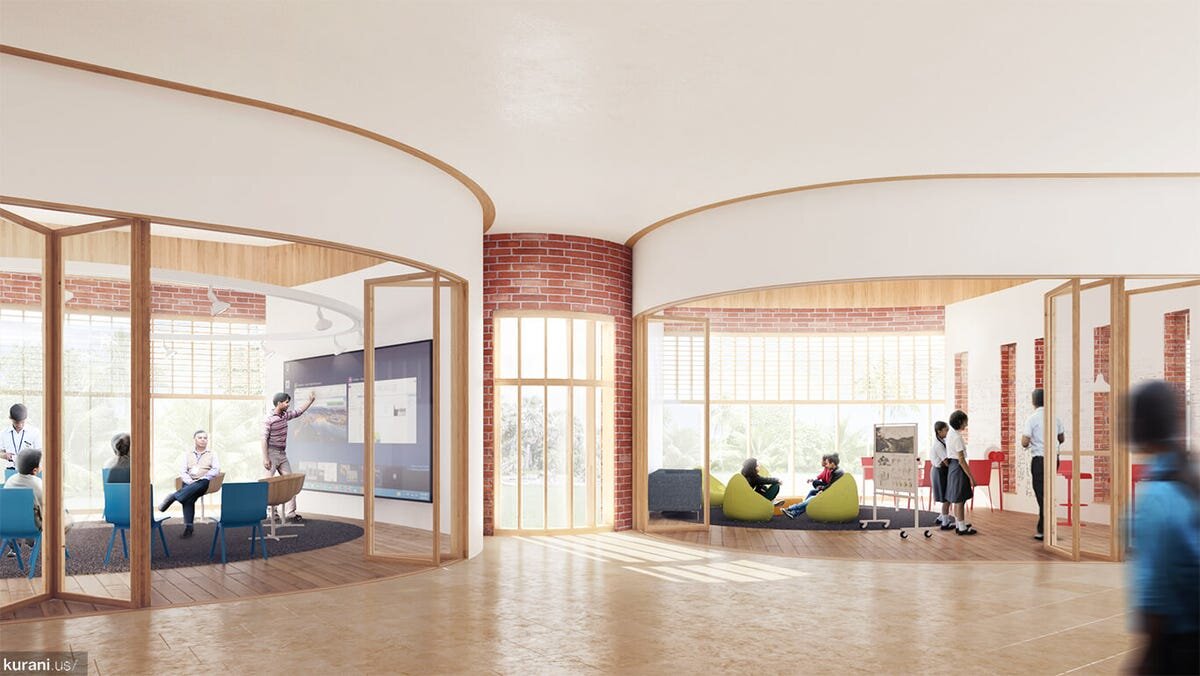While Bhutan makes its teachers the highest-paid in their country, India is experimenting with a happiness school
It’s a wide world of experiment and innovation out there, driven by many different human evaluations of what’s important in life. Two stories from India and Asia about how education can be entirely reframed.
Riverbend, in Chennai, India: the happiness school
From Business Insider:
Near Chennai, India, a new boarding school called Riverbend aims to rethink traditional architecture — and curricula — in education. Instead of one large, central building, the campus will include more than a dozen smaller facilities that are designed to focus on a range of subjects, including math, entrepreneurship, literature, art, meditation, history, and physical education.
The goal is to prioritize the middle and high school students' happiness rather than grades, says Riverbend School's lead architect, Danish Kurani.
As the school’s own website says:
When a school flips the education model to prioritize happiness and positivity, the campus model has to change with it. But how can architecture foster happiness? The world’s longest study on happiness says real happiness comes from our relationships. Personal relationships, anthropologists have found, are strongest in villages.
So to help students build the relationships that are key to happiness, we designed the campus like a village. The school centers around a public plaza and has spaces for studying, playing, reflecting, living, and farming. Every aspect – intimate walkways, outdoor pavilions, traditional courtyard housing – encourages socializing.
See the gallery below:
Bhutan makes its teachers their highest paid civil servants
From The Indian Express:
Bhutan has announced that salaries of teachers, doctors, nurses, and all medical staff will be hiked to make them the highest paid civil servants in the country, The Bhutanese reported. The cabinet decision was taken on June 5.
Terming the announcement a “huge strategical move”, the news portal stated that the announcement has overturned the present hierarchy in which unofficial civil service administrators enjoyed various perks including training and trips.
Explaining the improved pay scale, the report states: “The numbers of teachers involved in the hike are huge as there are 8,679 teachers, followed by the medical staff who number around 4,000”.
A press release issued by the Bhutanese Prime Minister’s Office stated: “If the pay revision comes through as proposed by the government, teaching becomes the highest paid profession in the country.”
More from World Economic Forum:
The move is an attempt to encourage new recruits and make it easier to retain experienced teachers in a country with a number of social problems, including corruption, rural poverty and high rates of youth unemployment.
Bhutan’s health minister, Lyonpo Dechen Wangmo, sees investment in quality teachers as a means of developing good students, who will have a positive future impact on the country. But success in this remote nation is viewed with different criteria than that used by many other countries.
Most countries measure their development in terms of Gross National Product (GNP) – the value of goods and services produced. In Bhutan, this has been replaced with a policy of Gross National Happiness (GNH), which values citizens’ happiness over economic performance.
The World Health Organization has warned depression will be the leading cause of the global disease burden by 2030. So happiness may be a more fitting indicator of a country’s success than economic progress.
Other countries are beginning to appreciate the value of encouraging happy citizens. Dubai in the United Arab Emirates, for example, has a Minister of State for Happiness and Wellbeing, and New Zealand’s 2019 budget includes a broader set of measures that put citizens’ wellbeing at the centre of policy-making.

